The Connection Between Sleep and Brain Health
Explore the vital connection between sleep and brain health, along with tips for improving sleep quality.

Sleep and Brain Health
Quality sleep is essential for brain health. During sleep, the brain consolidates memories and clears out toxins that accumulate during the day. Lack of sleep can lead to cognitive decline and increased risk of mental health issues.
Tips for Better Sleep
Establishing a regular sleep schedule, creating a restful environment, and avoiding screens before bedtime can improve sleep quality. Prioritizing sleep is a key factor in maintaining cognitive function.
“Sleep is the best meditation.” - Dalai Lama
Sleep Early
Establishing a regular sleep schedule, creating a restful environment, and avoiding screens before bedtime can improve sleep quality. Prioritizing sleep is a key factor in maintaining cognitive function.
Sleep Early
Establishing a regular sleep schedule, creating a restful environment, and avoiding screens before bedtime can improve sleep quality. Prioritizing sleep is a key factor in maintaining cognitive function.
Establishing a regular sleep schedule
Establishing a regular sleep schedule, creating a restful environment, and avoiding screens before bedtime can improve sleep quality. Prioritizing sleep is a key factor in maintaining cognitive function.
“Sleep is the best meditation.” - Dalai Lama
Sleep Early
Establishing a regular sleep schedule, creating a restful environment, and avoiding screens before bedtime can improve sleep quality. Prioritizing sleep is a key factor in maintaining cognitive function.
Sleep Early
Establishing a regular sleep schedule, creating a restful environment, and avoiding screens before bedtime can improve sleep quality. Prioritizing sleep is a key factor in maintaining cognitive function.
creating a restful environment
Establishing a regular sleep schedule, creating a restful environment, and avoiding screens before bedtime can improve sleep quality. Prioritizing sleep is a key factor in maintaining cognitive function.
“Sleep is the best meditation.” - Dalai Lama
Sleep Early
Establishing a regular sleep schedule, creating a restful environment, and avoiding screens before bedtime can improve sleep quality. Prioritizing sleep is a key factor in maintaining cognitive function.
Sleep Early
Establishing a regular sleep schedule, creating a restful environment, and avoiding screens before bedtime can improve sleep quality. Prioritizing sleep is a key factor in maintaining cognitive function.
Read More About Neurofeedback – Research
While neurofeedback may be new to many Jacksonville and St. Augustine residents, this cutting-edge therapy has been studied and scientifically validated by over 40 years of research. Dr Frank H. Duffy, a Professor and Pediatric Neurologist at Harvard Medical School, stated that
Where is the research?
For the past 40 years, neurofeedback has been studied in research labs at prominent universities throughout the world. This research supports the efficacy of neurofeedback and has been published in top-tier scientific journals. See below for recommended research articles.

Frequently Ask Questions
The BIGGE approach focuses on the interconnected systems of your Brain, Immune, Gut, Genetic, and Endocrine health. Instead of just treating symptoms, Dr. Serle looks for the root imbalance across these five systems—because real healing starts when we understand the “why” behind your condition..
Functional medicine can support a wide range of chronic issues including fatigue, anxiety, ADHD, digestive problems, autoimmunity, and hormone imbalances. By assessing your BIGGE systems, we can develop a personalized plan to rebalance your health and restore function.
The initial consultation costs $297, and the follow-up consultation costs $100. We do not take insurance.
When ordering blood work (if necessary), Dr. Serle utilizes lab companies (QuestDiagnostics and LabCorp) that accept all major health insurance plans, except for Medicare and Medicaid. For patients with Medicare or Medicaid insurance, the cash price for blood work will be between $250 and $450, depending on the health issues. This applies to patients who have no health insurance as well.
The brain map is also called quantitative electroencephalography (QEEG). Its analysis involves recording digital EEG signals, which are processed, transformed and analyzed using complex mathematical algorithms. The QEEG/Brain map is an extensive exam used at Harvard, UCLA, Utah, South Carolina, and Tennessee. It will provide a picture of the patient’s brain wave patterns and help Dr. Serle determine the areas of concern in the brain.
No, the Brain Map is Non-Invasive. There’s no current going into the brain. The brain map records electric impulses (brainwaves) just like an EKG records electrical impulses from the heart.
Dr. Serle does not treat children less than 16 years old.
Schedule a Consult
with Dr. Serle Today!
He’s helped thousands of people get to the root cause of their condition, eliminating symptoms, and reclaiming their vitality. It will take hard work and commitment but it will be well worth it to you and your family.



